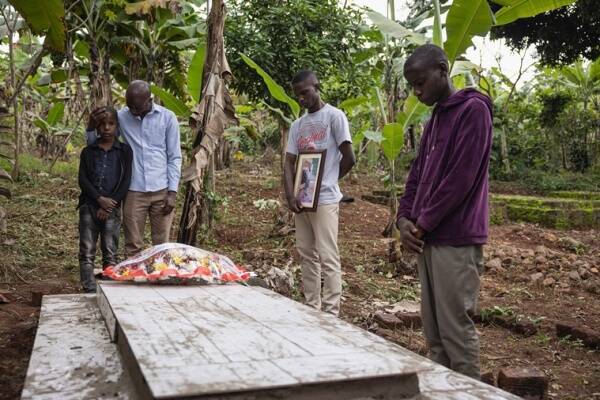Government officials were prepared to do anything to limit the Ebola outbreak that swept through central Uganda in late September, with the exception of implementing a lockdown, which was an essential measure.
This was drastically different from their response when the coronavirus pandemic first appeared, when Uganda instituted some of the most stringent closures in Africa by shutting down its borders, forbidding public transportation, and closing its schools for two years — the longest such closures ever.
Officials in Uganda, a landlocked country in East Africa, now admit that they held off on enforcing similar restrictions during the most current Ebola outbreak due to the lingering animosity, pain, and fury over the stringent COVID-19 measures.
They were concerned that another severe response to the epidemic may incite unrest, damage an already fragile economy, and alienate a tired populace that had been subjected to a barrage of false information about the dangers—and even the existence—of the Ebola virus.
Uganda is now paying for the initial decision to not contain the Ebola outbreak’s hub. Nine districts, including the capital Kampala, were affected by the epidemic. According to the World Health Organization, the outbreak was likely responsible for an additional 22 fatalities in addition to the 142 confirmed cases and 55 confirmed deaths.












